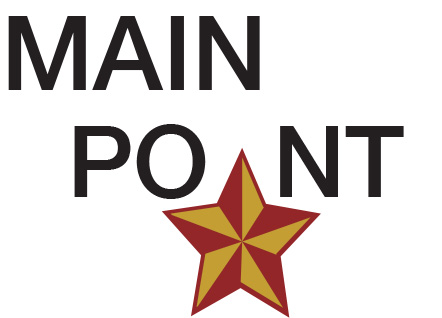The Main Point is an opinion written collectively by The University Star’s Editorial Board. Opinions expressed are not necessarily those of our entire publication.
On Dec. 7, Gov. Greg Abbott banned the social media platform TikTok from government devices, which has led to publicly funded Texas schools blocking the use while on school Wi-Fi. At Texas State, TikTok has been blocked on all networks and banned from the download or use on Texas State-managed devices, according to the Division of Information Technology.
This censorship has consequences.
Texas State isn’t the only school to have banned TikTok. Most major Texas colleges and schools across the United States have banned TikTok out of concern for data privacy.
Opportunities to learn and keep up to date with events and spread-word have been halted.
The U.S. government banned the app on federal, government-issued devices in December also due to data privacy concerns. TikTok is owned by the Chinese company ByteDance and security concerns exist over whether the Chinese government will use TikTok to access stored data belonging to American consumers.
Formerly known as Musical.ly, TikTok gained popularity in January 2018 when it ranked first in free application downloads on app stores worldwide. As of January 2023, TikTok has over a billion monthly active users worldwide, including 138 million active monthly users in the U.S. In addition, 60% of users in the U.S. are between the ages of 16-24, which directly impacts high school and college students who use the application on school-issued government devices or school Wi-Fi.
For the editorial board at The University Star, TikTok significantly contributes to our consumption of up-to-date trends and news. It doesn’t matter if a TikTok is thirty seconds or three minutes — protecting access to news in a form that is easily digestible and readily available is a significant part of keeping communities informed and educated.
Some students may not see it as a direct issue because they can turn off the campus Wi-Fi. Still, some educators who use TikTok to supplement lessons no longer have easy access. TikTok has even become an integral part to class syllabuses in some of the courses we, the editorial board, take as mass communication students. We track social media trends and even create our own TikTok videos for class assignments. Taking away TikTok is taking away a window of knowledge.
While classrooms might not immediately feel the effect of the TikTok ban, it sets a risky precedent for the future. Students use TikTok as a news source, whether it be political, pop culture or local they have a right to the app as a news source. News outlets such as The Washington Post, NowThis News and ABC News have large followings on the app. Presenting news to consumers as they scroll creates opportunity to educate and inform a wider audience.
TikTok has become a news outlet for students. If the university is comfortable censoring how we access the news, it allows them to censor other outlets in the future.
The TikTok algorithm works to bring relevant and interesting content to each user to their For You pages. There is a “side” of TikTok for everyone. There is a plethora of information and entertainment on TikTok that is geared toward us, the students. The censorship of this content is only to our detriment.
There are alternatives to this kind of media, YouTube and Instagram; there are YouTube shorts and Instagram reels. But they are currently reaching a different audience than TikTok does.
As of Dec. 12, all Texas State-affiliated accounts are being identified via a Google Form. Questions about the apps on campus prohibition can be directed to the I.T. Assistance Center.
Leaving the status of The University Star’s account unclear as it was a way of informing and entertaining the public; without it, the freedoms of speech and expression are in jeopardy.
The University Star will continue to upload news and events to our TikTok account.
Main Point: University TikTok ban threatens free speech
January 28, 2023
The Main Point is an opinion written collectively by The University Star’s Editorial Board. Opinions expressed are not necessarily those of our entire publication.
Donate to The University Star
Your donation will support the student journalists of Texas State University. Your contribution will allow us to purchase equipment and cover our annual website hosting costs.
























